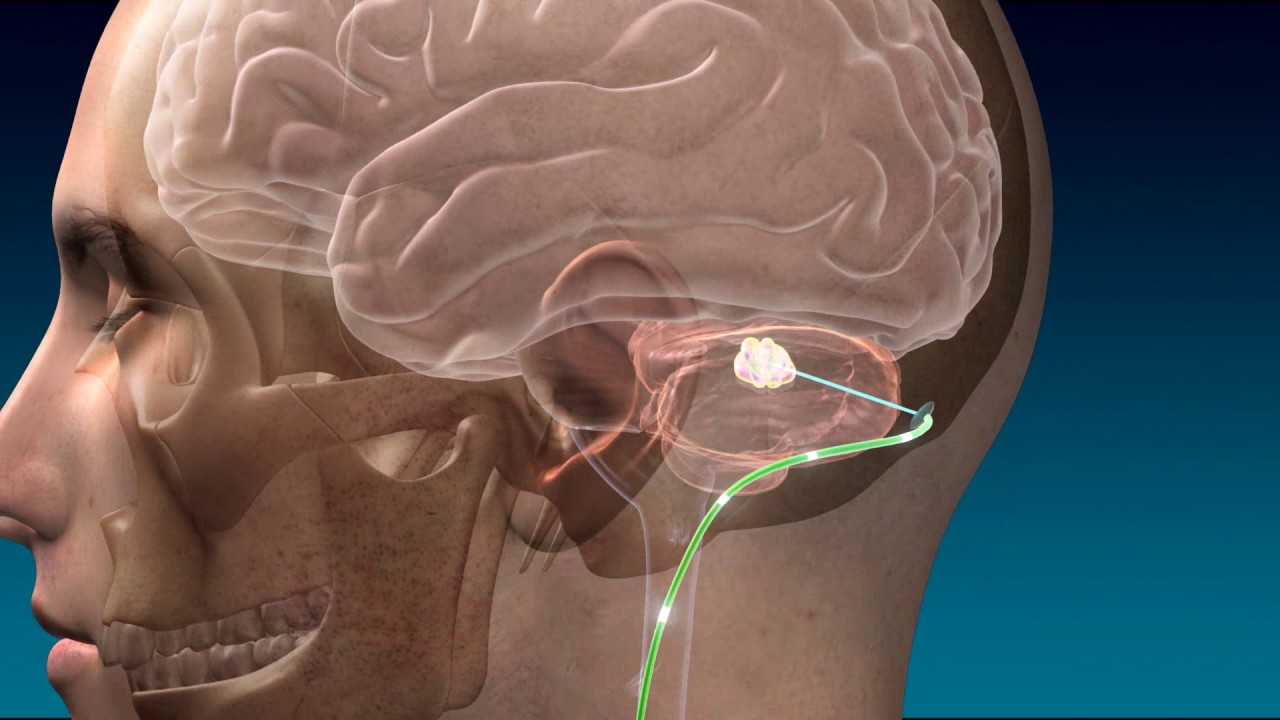How Is Chorea Treated?
Chorea is a movement disorder causes involuntary, unpredictable, and abnormal body movements. It has multiple possible causes, including AIDS, genetic conditions like Parkinson's disease and Huntington's disease, autoimmune diseases like systemic lupus erythematosus, certain infections like rheumatic fever, specific medications such as neuroleptics and levodopa, endocrine disorders like hypoglycemia, metabolic disorders, and pregnancy. Symptoms of chorea can cause mild to severe interference with an individual's ability to speak, swallow, maintain proper posture, and uphold a normal gait. Chorea is diagnosed using a thorough physical exam, extensive family and medical history, blood count tests, hormone level tests, antibody testing, toxin testing, genetic testing, CT scans, urine tests, MRI scans, performance testing, and neurological evaluations.
Several methods can be utilized to treat chorea. Learn about them now.
Antipsychotic Medication

An individual affected by chorea may need to take antipsychotic medication to treat their condition. Antipsychotic medication and neuroleptic medication are terms used to describe a group of medications mainly used to treat psychosis. However, these medications are also the most widely used pharmaceutical agents in the treatment of chorea. The exact mechanism of these medications is not clear, but it is thought to be associated with the inhibition of overactive dopamine receptors in the brain. Neuroleptics or antipsychotics are referred to as dopamine antagonists and have shown the best efficacy in patients who have chorea due to Huntington's disease. There are two types of antipsychotic or neuroleptic medications. Fluphenazine and haloperidol are considered typical neuroleptic medications, and olanzapine, quetiapine, risperidone, and clozapine are considered atypical neuroleptic medications. Antipsychotic medications are used most often in patients who have chorea along with other psychiatric symptoms, including depression, psychosis, and aggressive behavior.
Keep reading to reveal more ways to treat chorea now.
Other Medications

An individual who is affected by chorea and unable to tolerate antipsychotic medication may experience improvement in their symptoms by using other medications. Dopamine-depleting agents such as tetrabenazine, reserpine, and deutetrabenazine have proven in multiple studies to improve chorea in some individuals. Reducing the amounts of dopamine is helpful because dopamine is a major neurotransmitter that dictates an individual's control over their movements. Certain types of chorea are the result of overstimulation or hyperactivity of the dopamine receptors, and many of these medications used for chorea work by keeping these receptors from becoming activated. When chorea develops following cardiac transplantation surgery, steroid treatment has proven to help decrease symptoms. Patients affected by an autoimmune-mediated form of chorea called Sydenham's chorea have shown a positive response to intravenous immunoglobulin and plasmapheresis therapy in terms of symptom severity and shortening the course of the illness. These medications are helpful for any illness caused by an inappropriate and abnormal attack on healthy cells by the immune system.
Read more about how to treat chorea now.
Deep Brain Stimulation

Deep brain stimulation is a type of therapy that may help certain individuals with chorea that has not been responsive to other treatments. This therapy is most often utilized in individuals who have chorea due to Parkinson's disease. This type of deep brain stimulation is targeted at the globus pallidus, a structure in the brain that is part of the basal ganglia. This structure is involved with the control of voluntary movements, even though the basal ganglia regulates movements produced subconsciously. Deep brain stimulation has recently been utilized to help treat chorea in patients affected by choreoathetosis and chorea acanthocytosis. Deep brain stimulation has had reported side effects, mostly in individuals who undergo it to treat chorea with an underlying cause that does not include Parkinson's disease.
Get more information regarding chorea treatment options now.
Home Modifications For Safety

A patient who has chorea that is not expected to resolve in the near future may need to make home modifications for their safety. The best resource a progressive chorea patient can use is an occupational therapist in terms of home modifications. An occupational therapist can help a patient and their caregivers understand how and where to utilize assistive devices in the home, as well as how to make the home easier to navigate. Multiple handrails can be installed in bathrooms, bedrooms, and other locations to help the patient avoid falling frequently. Specially made and technologically advanced devices can be utilized to help the patient perform activities such as bathing themselves and dressing. Technologically advanced and adaptive utensils are available to help a patient with limited fine motor skills to eat and drink easier. With the use of adaptive devices and safety equipment, a patient affected by a progressive form of chorea can maintain more of their independence than they would be able to otherwise.
Continue reading to learn more about treating chorea now.
Underlying Condition Treatment

Chorea can be caused by an underlying condition that can be treated, which decreases chorea in most cases. These types of chorea are not permanent or progressive forms of the condition and can be resolved along with the underlying condition. Some individuals develop chorea as a side effect of certain medications, including levodopa, phenytoin, carbamazepine, valproate, gabapentin, amphetamines, methylphenidate, benzodiazepines, estrogens, lithium, dopamine agonists antihistamines H1 and H2, baclofen, aminophylline, and cimetidine. When the patient stops taking the causative medication, the symptoms of chorea should slowly begin to resolve. Another form of chorea that can be treated by treating the underlying condition is called Sydenham's chorea. Sydenham's chorea occurs following certain types of infections when the immune system mistakenly attacks healthy neurons because they have similar antigens as the infection-causing bacteria. Treating the infection with potent antibiotics and reducing the activity of the immune system with steroids or immunosuppressant therapy can help resolve the symptoms of chorea in Sydenham's chorea patients.